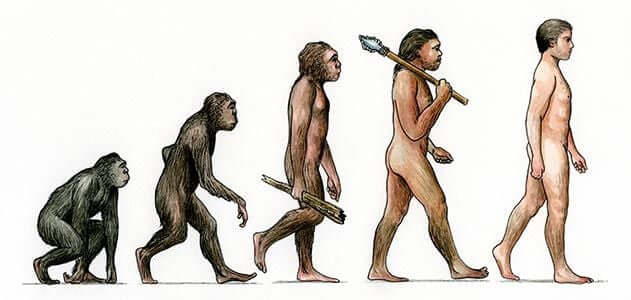There’s a common misunderstanding in our culture: many people assume that evolution explains how life began. In reality, evolution doesn’t even attempt to answer that question.
Evolution, as taught in biology, describes how life forms change over time through processes like natural selection and genetic mutation. But here’s the catch—it starts with life already in existence. It tells us how living things might adapt and diversify, but not how life itself came to be in the first place.
The origin of life—the moment when non-living matter somehow became a living cell—is a completely separate field of study called abiogenesis. And despite decades of research, science still can’t explain how the first living cell could arise by natural processes alone. The odds of complex, information-rich DNA and functioning cellular machinery forming by chance are astronomically small. Even the simplest single-cell organism is more intricate than any human-made machine.
This is why many people, myself included, see the origin of life as pointing beyond mere chemistry and chance—to a Creator with purpose and intelligence. While evolution might describe variation within life, it doesn’t solve the greatest mystery of all: how life began in the first place.
If life is this complex, maybe it didn’t just “happen.” Maybe it was designed.



